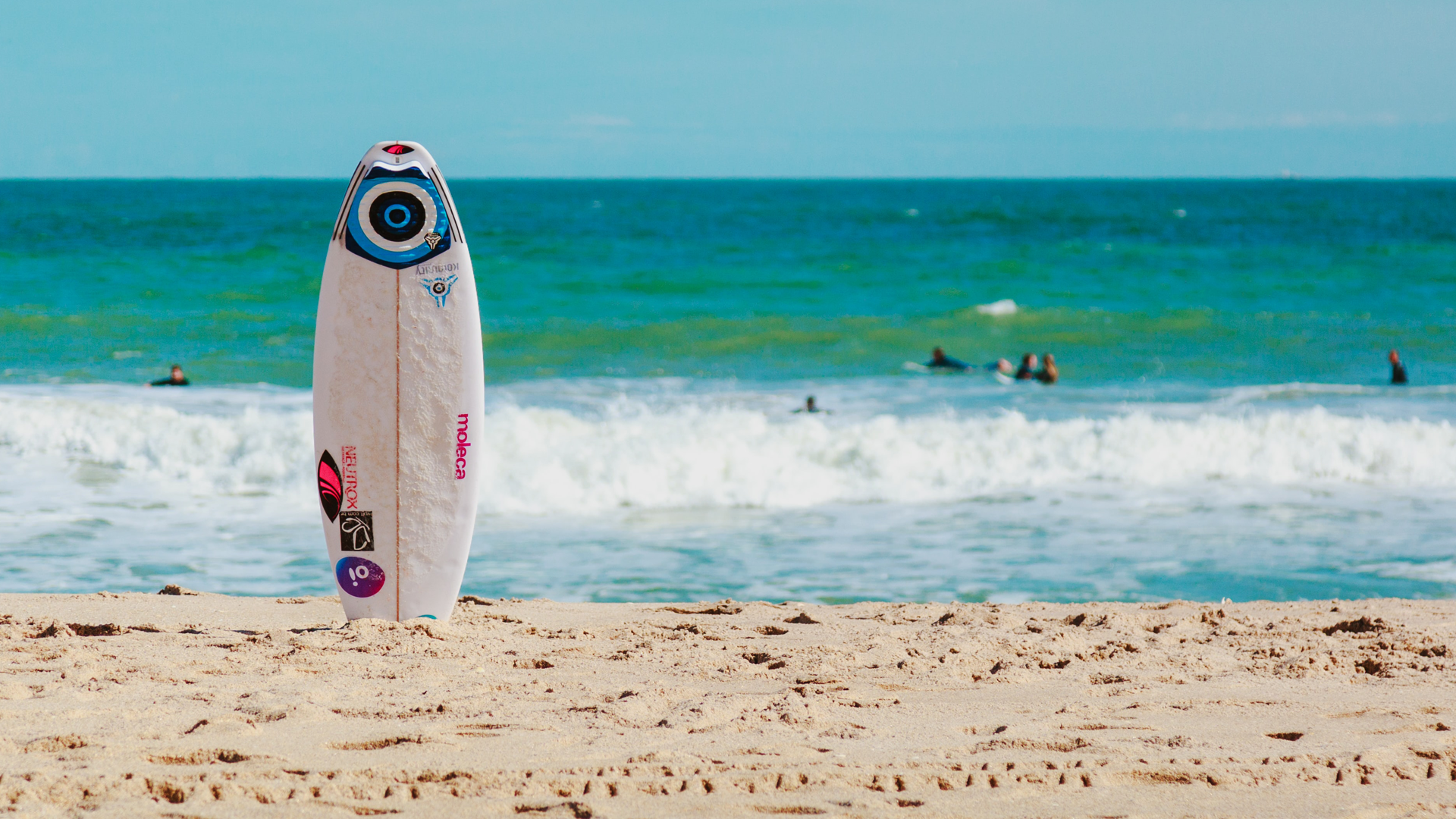The American athlete has said she’ll boycott the World Surf League after it announced trans women would be allowed to compete.
Pro-surfer Bethany Hamilton shared on Instagram that she would be boycotting surfing competitions by the World Surf League, due to changes in their policy that allow trans women to compete.
In a video which now has over 150,000 likes, Hamilton referred to trans women surfers as ‘male-bodied individuals’, and stated that their involvement in the World Surf League ‘concern[ed her] as a professional athlete’.
In the same breath, and somewhat ironically, Hamilton said she believed in ‘love for all mankind’, claiming her concerns came from a place of care for fellow cis-women surfers who felt similarly.
‘I think many of the girls currently on tour are not in support of this new rule and they fear being ostracised if they speak up’.
The new rule by the World Surf League allows athletes who were assigned male at birth to compete in the women’s division so long as they maintain a testosterone level below 5 nanomoles/L for 12 months.
View this post on Instagram
Hamilton attacked the WSL’s plans, ranting to her Instagram followers about the act of reducing athletes to numbers.
‘Is hormone level an honest and accurate depiction that someone indeed is male or female? Is it as simple as this?’ she asked. ‘Am I just a hormone number? Is it that simple?’
What Hamilton doesn’t realise is that her statements speak to the core of many trans’ women’s experiences within and beyond sport – constant dehumanisation, micro-analysis, and reduction to a statistic.
Like many anti-trans voices on the subject of athletic competition, Bethany argued that trans women should compete in separate leagues from their cis-gender peers.
This overt segregation from mainstream sport is not only dehumanising, but fuels harmful anti-trans sentiment and the ostracisation of trans people from wider society.
It’s these attitudes that lead to real tragedies like the recent public murder of Brianna Ghey, and the subsequent disregard for her case by the British media and legal system, both of whom have refused to class Ghey’s death as a hate crime.
Despite Hamilton’s ignorance, however, other public figures have spoken out in defence of trans athletes.
View this post on Instagram




















